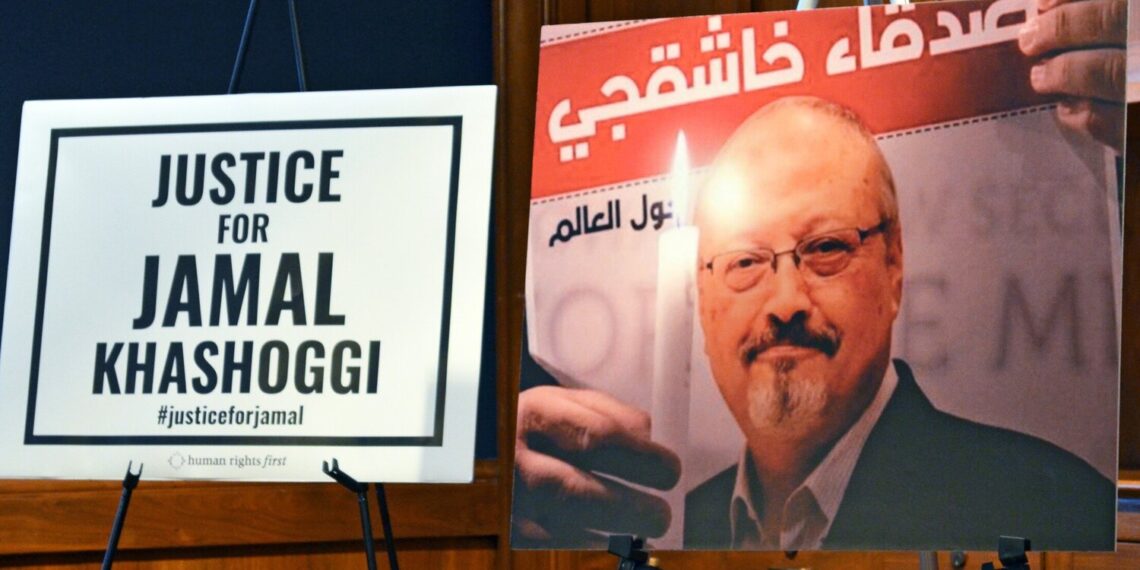[ad_1]

By moving the issue of accountability for the coalition’s actions in Yemen to the background, champions of human rights in the United States are missing a key piece of Khasshogi’s legacy. The war in Yemen is not only about the US’s support of Saudi Arabia; it is about the Yemenis who have been living through war, destruction, and famine for more than 6 years. Since the day of Khasshogi’s death, more than 1,300 civilians have been killed by airstrikes. Thousands more have been injured, killed, detained, displaced, and disappeared, with children estimated to be 25% of the civilian casualties since 2019.
Human rights advocacy cannot, therefore, stop at ending the West’s connection with the war. In early 2021, President Biden released a report tracing responsibility for Khashoggi’s murder to MBS, and announced a “Khashoggi ban” that prevents “individuals who, acting on behalf of a foreign government, are believed to have been directly engaged in serious, extraterritorial counter-dissident activities” from entering the United States. Although the President also announced his commitment to end the war in Yemen and US support to Saudi Arabia through arms sales, he also stated that the country would “continue to support and help Saudi Arabia defend its sovereignty and its territorial integrity and its people.” These largely empty statements focused solely on the United States’ future actions do little for those affected in Yemen. As members of Mwatana for Human Rights, a prominent human rights NGO in Yemen, pointed out at the recent event hosted by the Promise Institute for Human Rights, solidarity is needed with the impacted Yemenis to achieve “credible accountability” for all the actors involved in the war.
Remembering Khashoggi’s Legacy
As activists around the world honor Khashoggi’s legacy today, calls to investigate and hold accountable the individuals responsible for his murder should come hand in hand with calls for independent international investigations of the war in Yemen. Although the United Nations established a Group of Experts on Yemen, the chair himself recently told the Human Rights Council that “the Group was concerned that impunity continued largely unabated for those who perpetrated serious violations in Yemen and that it had seen little progress in terms of investigations conducted by the parties.” Since its establishment in 2017, the group has not been granted permission to visit Yemen or coalition countries, making it extremely difficult for them to authoritatively make statements about the reality in Yemen that are viewed as truly independent.
Up until this point, the Saudi-led coalition has largely denied any responsibility for civilian casualties despite thorough documentation of war crimes that it has committed. All of the parties to the conflict are yet to provide any meaningful reparations to victims. A holistic view of accountability must keep in mind the responsibility of the international community to protect and rebuild. The countries involved in the Saudi-led coalition must act as swiftly towards this responsibility as they did to “defend” Saudi Arabia and President Hadi’s government in 2015.
“We should not need to be reminded of the value of human life,” Jamal Khashoggi wrote in the context of Yemen in September 2018, just weeks before his death. Today, let us use his legacy not only to call for accountability for his murder, but for all the Yemenis whose lives have been taken in this gruesome war.
[ad_2]




